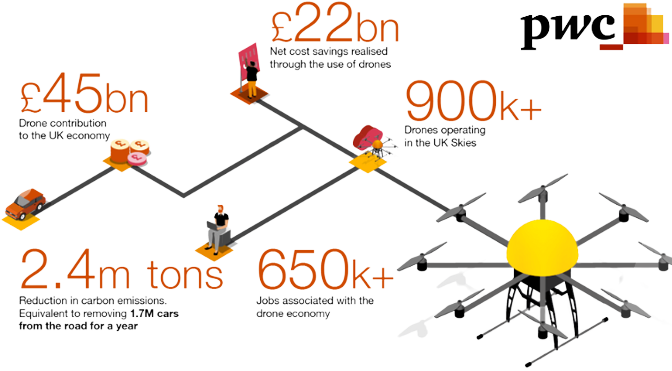In an era marked by unprecedented technological advancements, the integration of drone technology into education has emerged as a pioneering force, propelling both educators and students towards exciting new horizons.
At Iprosurv, we proudly introduce our innovative “Drones in Education Programme,” a ground-breaking approach designed to empower organisations to harness the potential of drone technology within their academic curricula.

Drones in Education Programme
Five Strategic Pillars
Iprosurv’s Drones in Education programme is built around five core strategies, designed to help schools, colleges, training providers and adult learning centres deliver engaging and future-focused drone education, from Key Stage 1 through to adult provision.
Each strategy is tailored to support educators at every level and will be explored in more detail below:
1. Train the Trainer
Building internal capability through dedicated staff training, ensuring educators are confident, qualified and equipped to lead drone-based learning.
2. Drone Education Hub
Establishing centres of excellence within schools and colleges where drone resources, expertise and learning are centralised and shared across departments.
3. Interactive STEM Days
Delivering exciting, hands-on workshops that engage learners through real-world drone applications, sparking curiosity across science, technology, engineering and maths.
4. Drone Bootcamps
Intensive, skills-based sessions focused on flight training, safety, data handling and career pathways, ideal for adult education, workforce upskilling and back-to-work schemes.
5. Discovery Days
Short, impactful sessions that introduce learners of all ages to the possibilities of drone technology, providing an engaging first step into the world of drones and highlighting their role across multiple industries with informative presentations and demonstrations.
Each of these strategies can be delivered as standalone initiatives or combined into a bespoke programme tailored to your institution or organisation’s needs.



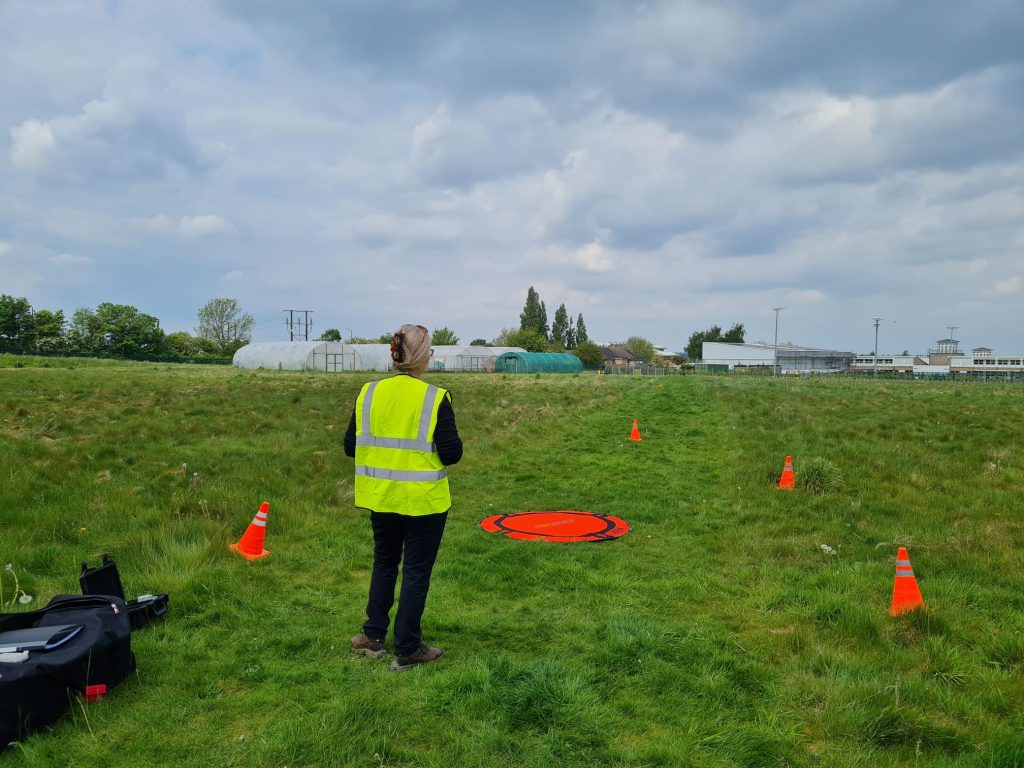
Train the Trainer
Iprosurv has redefined the landscape of drone education with its groundbreaking “train the trainer” program, designed exclusively for educational institutions.
Our innovative initiative empowers these establishments to enrol cohorts into a comprehensive training program, equipping them with the knowledge and skills needed to proficiently teach drone technology within their respective academic domains. We provide a holistic package, encompassing meticulously crafted instructional materials, hands-on training, cutting-edge equipment, and ongoing support.
Iprosurv’s commitment goes beyond just supplying resources; we are dedicated to fostering a community of skilled educators who can seamlessly integrate drone technology into their curricula, ensuring that students receive top-notch instruction and are well-prepared for the future.
Join us in revolutionising the drone teaching industry and shaping the next generation of tech-savvy professionals.
Call for information on “Train the Trainer” courses 0114 4055 007
Drone Education Hub
The Drone Education Hub is a free, dedicated resource centre for educators at all levels—from Key Stage 1 through to post-16, further education, and adult learning.
Created by Iprosurv to support the integration of drone technology into the classroom, the Hub provides a wide range of curriculum-aligned educational materials designed to help teachers confidently deliver engaging, hands-on learning.
Resources include interactive workshops, video tutorials, downloadable presentations, and access to live discussion forums.
The Hub also offers Continuing Professional Development (CPD) opportunities, enabling educators to upskill their knowledge of drone operations and applications with the ultimate aim of passing this understanding on to their students.
Whether you’re just starting your drone journey or looking to expand your teaching toolkit, the Drone Education Hub is your go-to gateway for practical, impactful drone education.
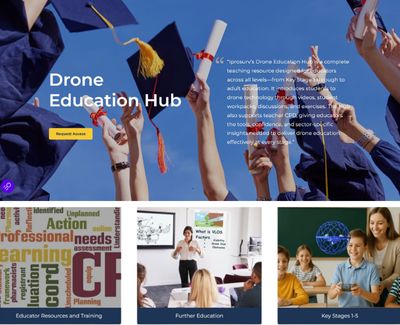

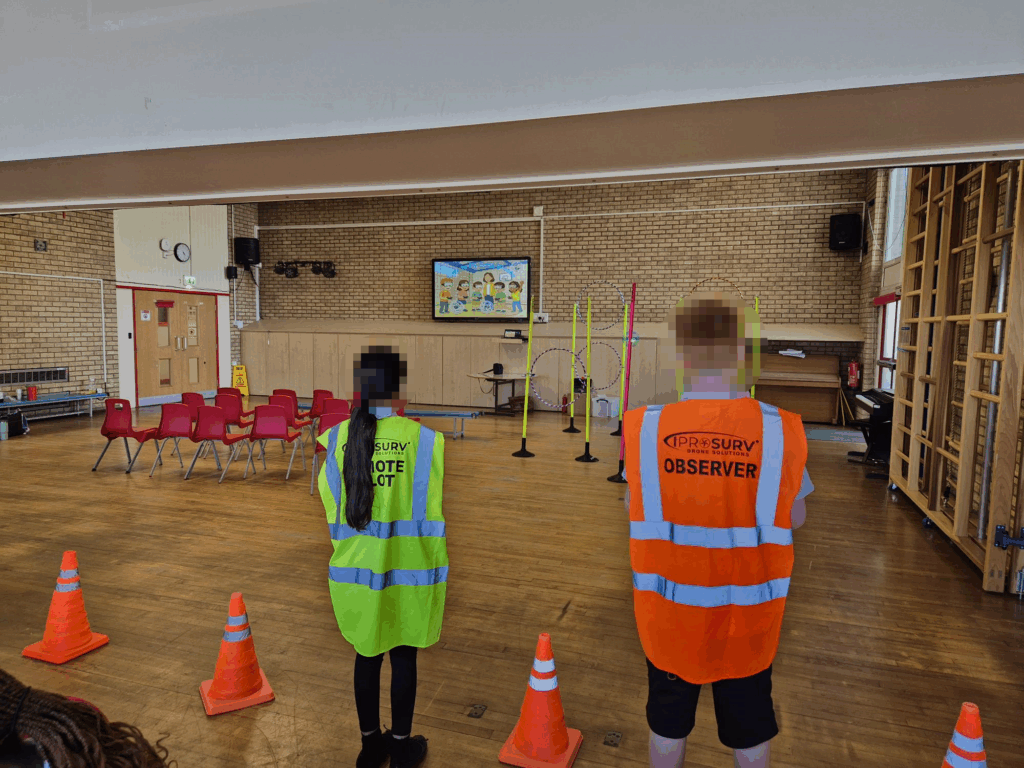
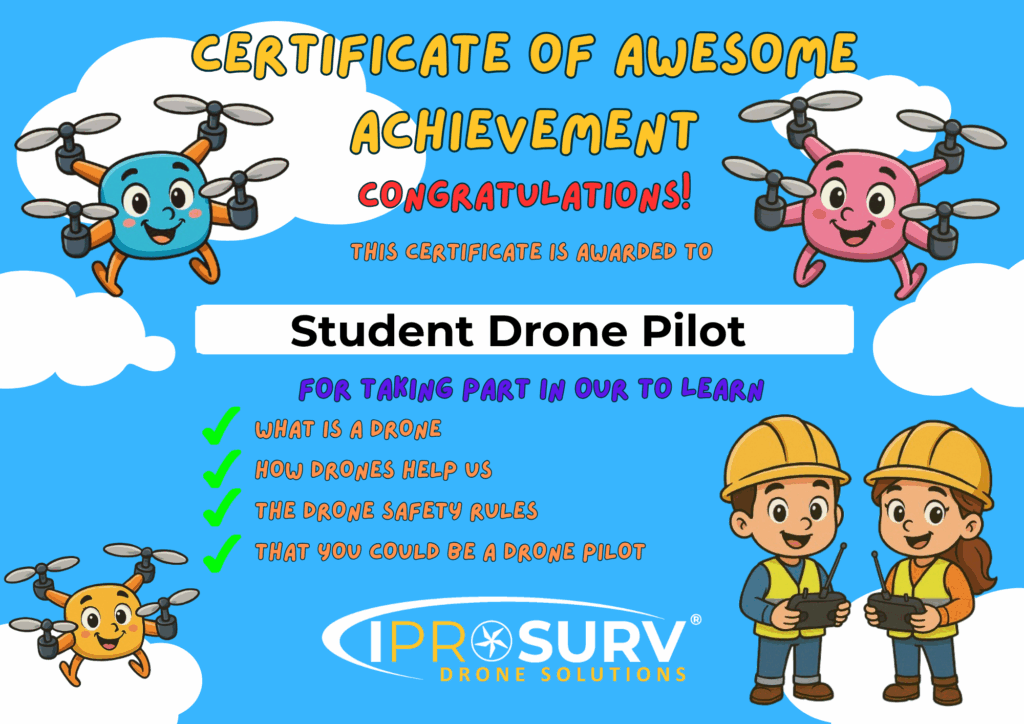
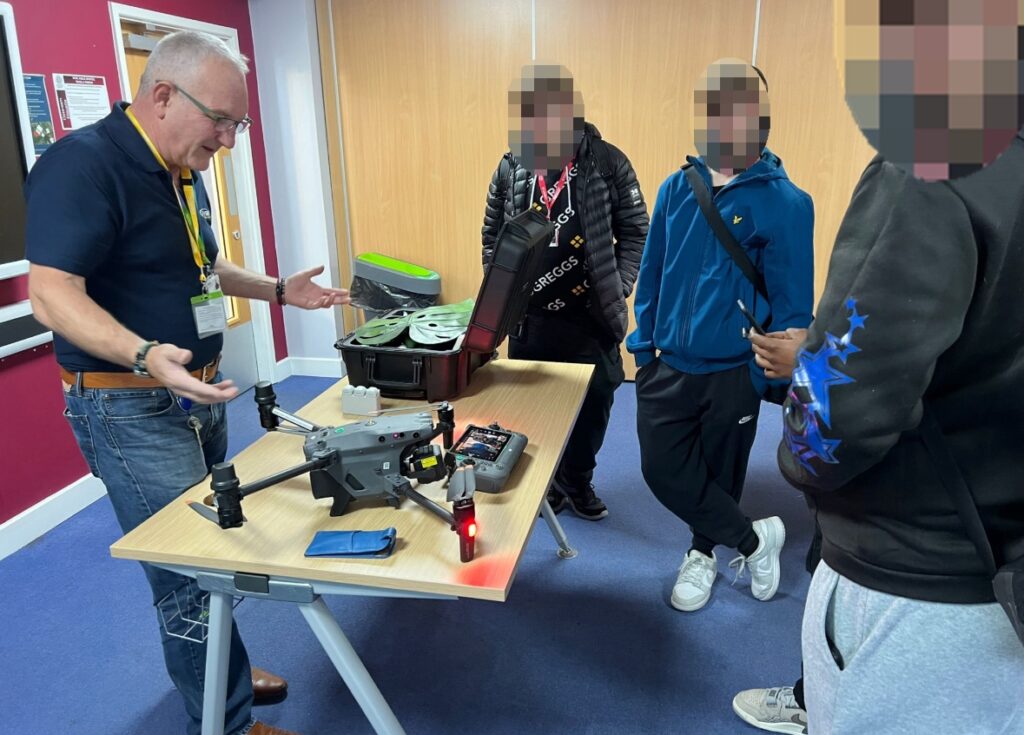
Interactive STEM Sessions
Iprosurv’s Interactive STEM Sessions are immersive, high-energy experiences designed to bring drone technology to life in educational settings.
These sessions typically run for 1 to 3 hours and are carefully tailored to suit a wide range of learner levels—from Key Stage 1 through to Key Stage 5, as well as further education and adult learners.
Each workshop begins with an engaging introduction to drone technology, covering drone types, real-world applications, and safety principles.
Learners then get hands-on experience flying mini indoor drones, navigating obstacle courses, or even competing in drone football within a safe, caged environment.
For older or more advanced groups, sessions can include deeper explorations into drone software, industry use cases (such as construction, agriculture, and media), and career pathways.
Delivered by experienced instructors, these STEM Days not only captivate learners but also demonstrate how drone technology connects across science, technology, engineering, and mathematics in a truly interactive way.
To Find Out More or Book an Interactive STEM Session, Call 0114 4055 007
Drone Bootcamps
Drone Bootcamps are intensive, skills-focused programmes designed to deliver fast, practical training for adults, employees and businesses.
These short, concentrated sessions provide participants with hands-on flight experience, along with essential knowledge of drone safety, regulation and real-world applications.
The focus is on building work-ready skills that can be applied immediately across sectors such as construction, agriculture, surveying, media and environmental management.
For organisations, bootcamps offer a cost-effective way to upskill staff and integrate drone technology into daily operations.
For individuals, they provide a valuable pathway to reskilling, upskilling or returning to the workforce, aligning with national adult skills and back-to-work programmes.
By completing a bootcamp, participants gain not only practical drone piloting experience but also the confidence and knowledge needed to apply drones in professional, commercial and community settings, helping to drive both personal career growth and organisational innovation.

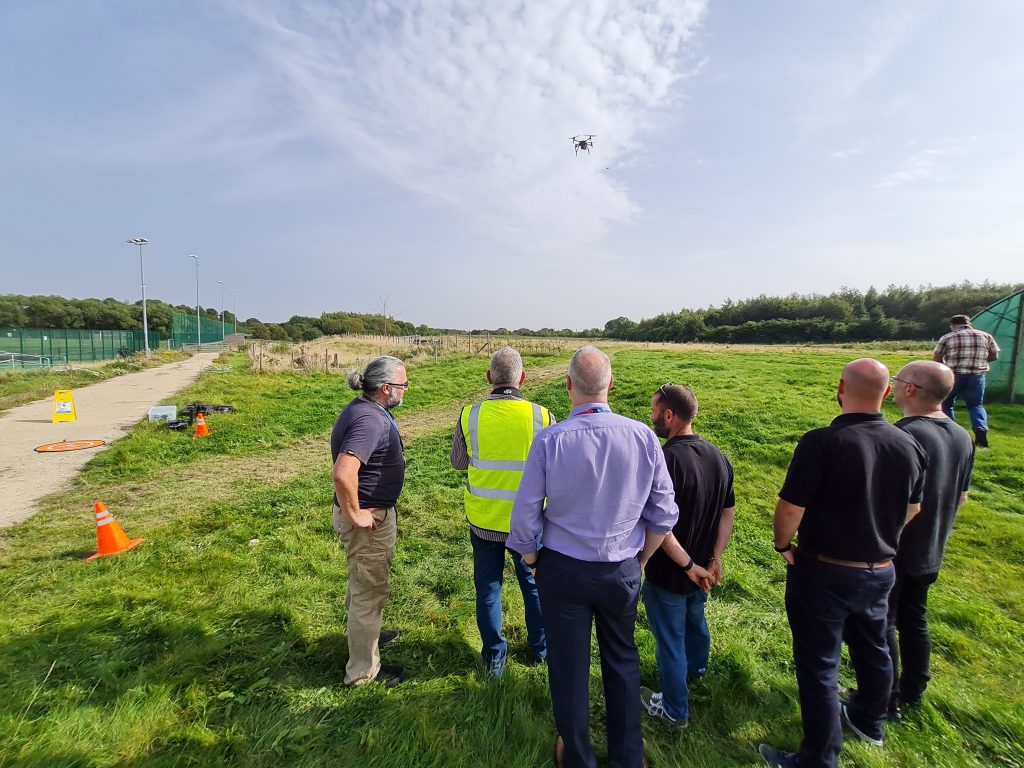
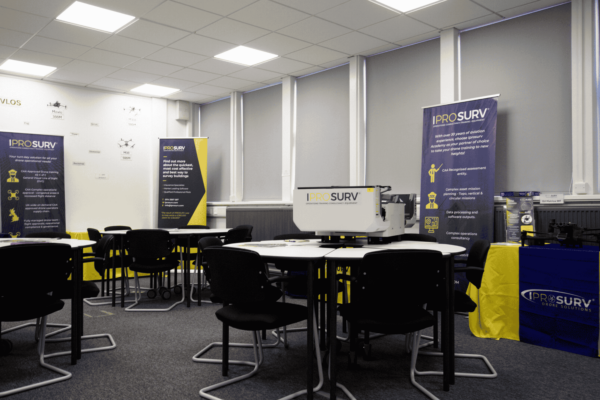
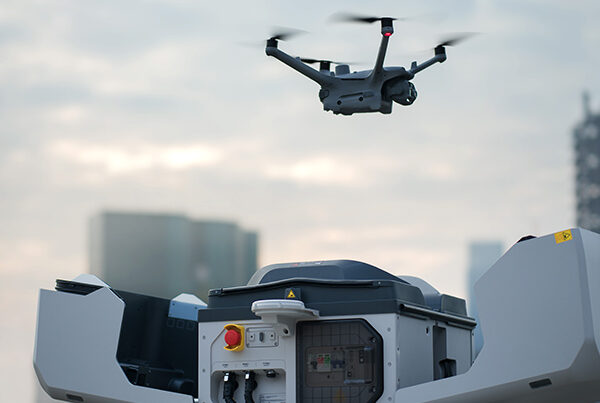
Discovery Days
Iprosurv’s Drone Discovery Days are short, high-impact sessions designed to give participants their first taste of drone technology. Perfect for schools, colleges, community groups and adult learning providers, these sessions provide an engaging introduction to drones, covering their uses, safety and the exciting career opportunities they unlock.
Discovery Days typically last 2–4 hours and are held once per month, offering a mix of live demonstrations, hands-on mini-drone flying and inspiring presentations that showcase how drones are transforming industries such as construction, agriculture, media, surveying and environmental management.
These sessions are also ideal for businesses wanting to explore drone adoption, educators looking to expand their knowledge of drone use cases, and individuals who want to step into a new industry, return to the workforce, or simply learn a new skill. Whether used as a standalone enrichment activity or as the first step into a longer training pathway, Drone Discovery Days are an excellent way to spark curiosity, build confidence and open minds to the possibilities of a drone-enabled future.
Drones are far more than futuristic gadgets—they are a transformative technology reshaping how we work, learn, and innovate. PwC’s Skies Without Limits report highlights how drones enable organisations to complete tasks faster, safer, more cost-effectively, and with a smaller environmental footprint than traditional methods.
-
Up to £45 billion could be added to the UK economy
-
Over 900,000 drones could operate in UK skies
-
Around £22 billion in cost savings may be realised
-
2.4 million tonnes of carbon emissions could be prevented
-
As many as 650,000 new jobs could be created
For education, these figures are more than statistics—they are a call to action. Drones are a powerful tool for building STEM engagement, digital literacy, and 21st-century skills, giving students hands-on experience with the very technologies transforming the economy. By introducing drones through STEM days, curriculum projects, and bootcamps, educators can bridge the digital skills gap and prepare learners for the high-tech careers of tomorrow.
Why Teach Drones in Education
Teaching drone technology in education offers a wide range of benefits for students, educators, and society as a whole.
In recent years, drones have transitioned from being military tools to becoming accessible and versatile devices used across various industries and domains.
This transformation has led to an increased demand for skilled professionals who can harness the potential of drones in innovative and responsible ways.
As a result, integrating drone education into the curriculum has become crucial to prepare the next generation for the challenges and opportunities presented by this rapidly evolving technology.

The interdisciplinary nature of drone technology further strengthens its educational value. Teaching drones involves a convergence of knowledge from various fields, encouraging students to explore connections between disciplines. For example, while learning about drone flight mechanics, students may delve into physics and aerodynamics, and when working with sensors and data analysis, they might draw on principles from mathematics and computer science. This integrative learning approach not only broadens their knowledge base but also nurtures a holistic understanding of complex systems, preparing them for future challenges where interdisciplinary expertise is crucial.
Some of the benefits of teaching drone technology in education curriculums
Overall, integrating drone technology in education equips students with valuable skills and knowledge, empowering them to become future innovators, problem solvers, and responsible users of technology in a rapidly evolving world.
The drone industry is rapidly growing and offers diverse career opportunities in fields such as construction, engineering, surveying, mapping, agriculture, filmmaking, environmental monitoring, emergency response and more.
By learning drone technology early on, students can explore potential career paths.
Drones provide a hands-on learning experience, allowing students to design, build, program, and operate the devices.
This practical approach enhances their problem-solving skills and encourages creativity and innovation.
Drone technology involves principles of science, technology, engineering, and mathematics (STEM).
Integrating drones into the educational process can make these subjects more engaging and practical, encouraging students to apply theoretical knowledge to real-world scenarios.
Drones encompass various disciplines such as aerodynamics, electronics, data analysis, and software programming.
Teaching drone technology bridges the gap between these fields and helps students understand the interconnections between them.
Drones are used in numerous real-world applications, from disaster response and environmental monitoring to precision agriculture and infrastructure inspection.
Integrating drone education allows students to explore these practical applications, fostering a sense of responsibility and awareness about their potential uses.
As our society becomes increasingly technologically driven, it’s crucial for students to develop technological literacy.
Teaching drone technology helps them become familiar with cutting-edge tools and prepares them for a technologically advanced future.
Drones can be used for various purposes beyond traditional applications.
Encouraging students to explore and experiment with drone technology can spark creativity and encourage out-of-the-box thinking.
Incorporating discussions about ethics and responsible use of drones in education is essential.
It prompts students to consider privacy concerns, safety protocols, and the impact of drone usage on society.
Many drone-related projects require collaboration between students, promoting teamwork, communication skills, and the ability to work together towards common goals.
Drone technology introduces students to complex challenges such as flight control, sensor integration, and data analysis.
Overcoming these challenges fosters resilience, critical thinking, and perseverance.
Drones can be used for environmental research, conservation efforts, and monitoring ecosystems.
Teaching students about these applications instills a sense of environmental awareness and responsibility.
Drone technology is not limited by gender or physical abilities, making it an inclusive educational topic that can attract a diverse range of students.

